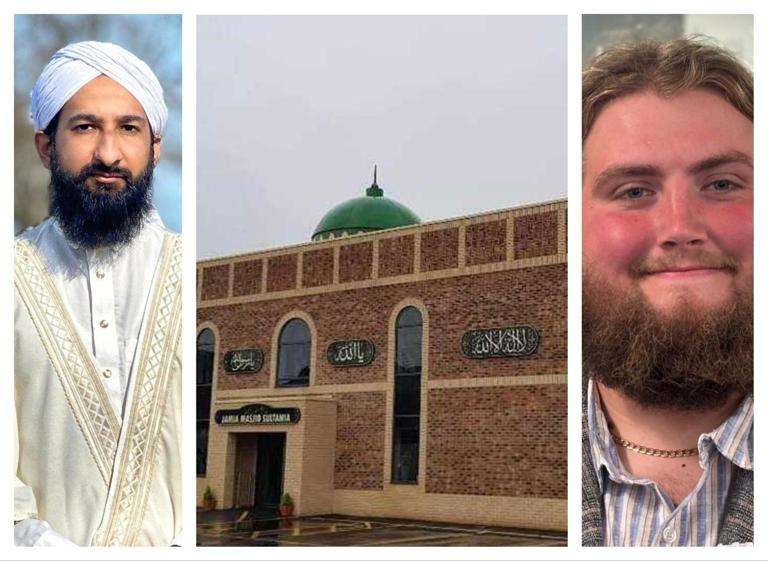Amidst the largest population increase in at least 75 years, Labour has put a halt to a legal crackdown on migrant workers.
The party intends to postpone until the second session of Parliament of the next year the introduction of two significant legislative reforms that would force employers to restrict the use of foreign labor.
It means that although government sources stated that work to increase skills training will continue, the two measures will not be included in Wednesday's King's Speech.
The moves come as official figures showed that immigration fuelled the biggest increase in the population of England and Wales since 1949, raising it by almost 610,000 to 60.9 million in the year to mid-2023.
Natural growth in the domestic population was just 400, the lowest for 46 years, because of a fall in the number of births and a rise in deaths as a result of the ageing population of England and Wales.
Sir Keir Starmer, the Prime Minister, made a manifesto pledge to reduce net migration from its record high of 764,000 in 2022 by “properly controlling and managing” levels of immigration. It was down to 685,000 for the year to last December.
Labour will benefit from a projected fall of 300,000 in net migration due to measures introduced by the Tories, including bans on foreign workers and students bringing in dependents and increases in the skilled worker salary threshold from £26,200 to £38,700.
However, ahead of the election, the party pledged to go further through legislation under which companies that broke employment law – such as by failing to pay their staff the minimum wage – would be banned from hiring workers from abroad.
Training is also to be linked to immigration, and would be underpinned by legislation that would limit companies’ access to the visa system if they failed to train and recruit British workers.
The two pieces of proposed legislation have been excluded from the King’s Speech and are instead expected to be introduced in the autumn of 2025. A source said: “All that work will happen. There will be guidance, consultation and business engagement, but it is a longer lead time to develop legislation that has the desired effect.”
Insiders said the Government wanted to ensure that it got the legislation right, while there was also pressure on parliamentary time, with the speech set to contain 35 Bills.
The Home Office will, however, introduce a Border Security Bill that will underpin the new border security command by vesting National Crime Agency, Border Force and MI5 investigators and officers with counter-terror-style powers to crack down on people smuggling gangs and combat illegal migration.
On Monday, data from the Office for National Statistics (ONS) showed that 1,084,000 people came to Britain in the year to mid-2023 while 462,000 left, resulting in a net migration of 622,000 – more than double the pre-Brexit levels of 250,000.
The 610,000 net increase in the population that resulted from the immigration surge beat the previous highs of 584,000, 484,000 and 478,000 in the years to mid-2022, mid-2016 and mid-2011 respectively.
Prior to those years, the biggest increase in the population came in the “baby boom” year to mid-1962, when it rose by 461,000.
The ONS data does not, however, take account of the impact of the visa crackdown introduced by the Tories last year, which saw the number of foreign workers, dependents and students moving to the UK fall by 34.1 per cent in the first six months of this year.
Labour is expected to continue with the legal migration measures introduced by the Conservatives, although there is pressure for relaxation of some visa controls from some within the party’s ranks.
A Labour source said: “Under the previous government, net migration trebled to record levels, and they failed to take action to skill up Britain’s workforce and end the over-reliance on overseas staff.
“A Labour Government has committed to reduce net migration, with new skills plans in sectors with high numbers of overseas workers and action to tackle employers who exploit the visa system.”

_8.jpg)

_7.jpg)




.svg)


